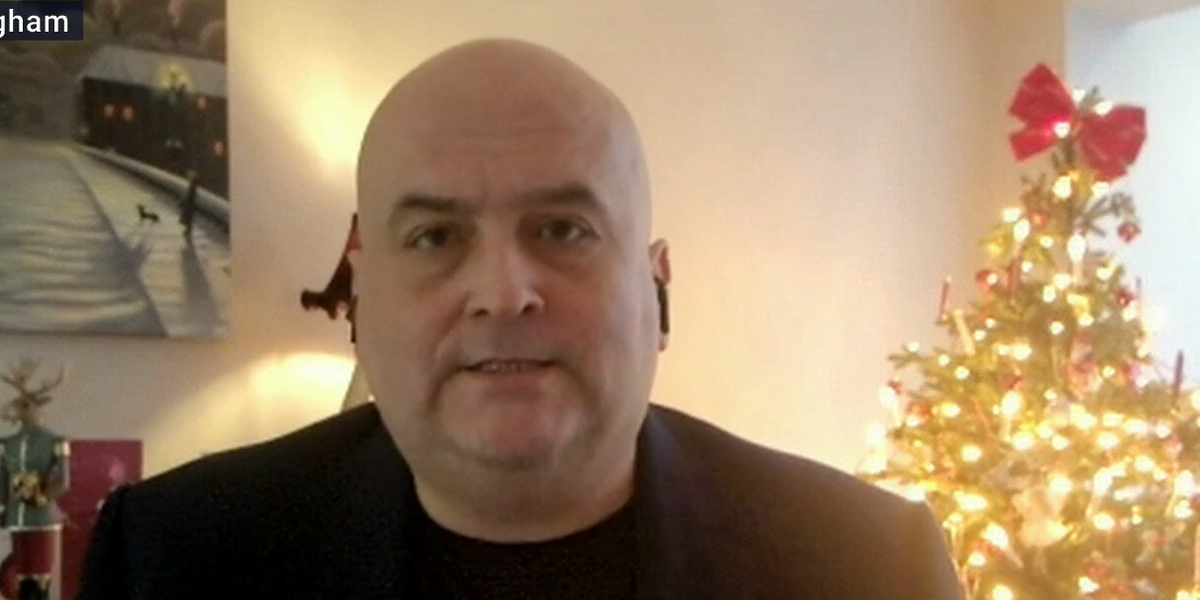These figures demonstrate the way in which the senior phase in secondary schools operates.
The emphasis is on what a student has achieved by the time they leave school – not what they have obtained at the end of a particular school year.
The overwhelming majority of students – not just the academically able – now remain in school until S6.
Some students may not obtain a National 5 qualification in maths in S4 but go on to get one in S5.
Another factor is worth considering too.
Once English and maths, or at least arithmetic, were effectively compulsory for students in S4.
Now they are often just options, albeit relatively popular ones.
This reflects how many schools only allow students to do a maximum of six National 4 or 5 courses in S4.
There are several issues worthy of discussion.
One is whether young people at all schools should have the chance to obtain more than 6 qualifications in S4.
Another is whether certain subjects should, in effect, be mandatory as was once the case. (Until the 1980s any student with a reasonable prospect of passing was expected to do O Grade English and Maths. From the late 80s on, most would study Standard Grade courses in these subjects at the appropriate level.)
If, however, compulsion is not the answer some supporters of particular subjects may want to consider if more can be done to make them attractive options which a greater number of students might positively choose.







